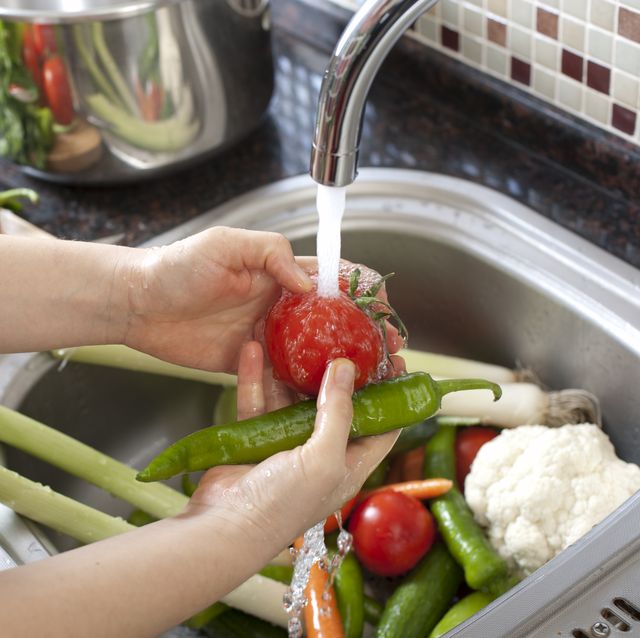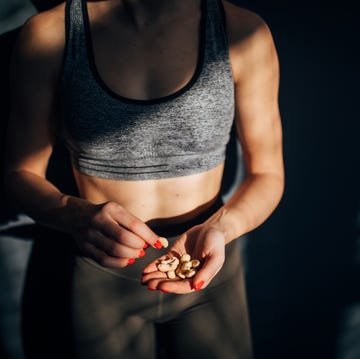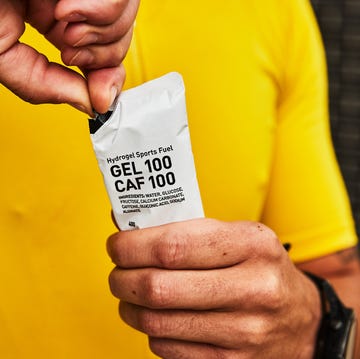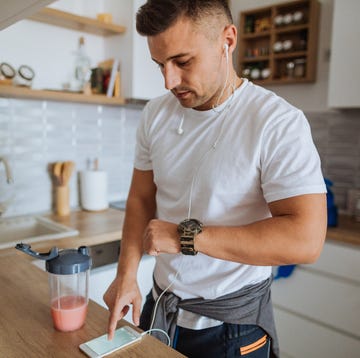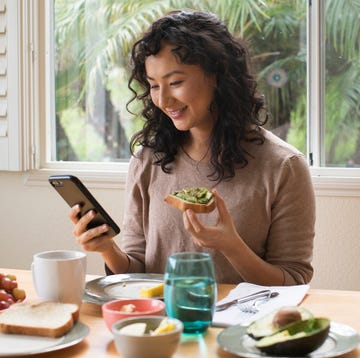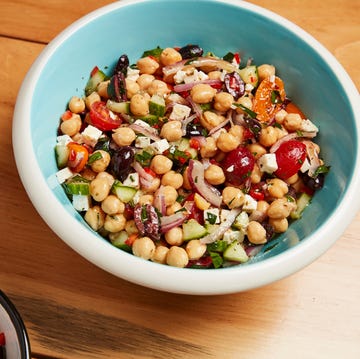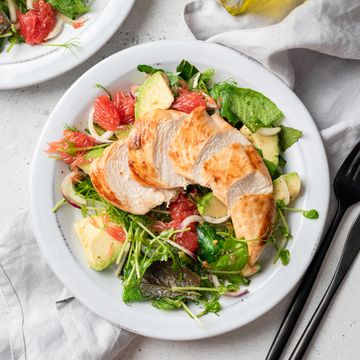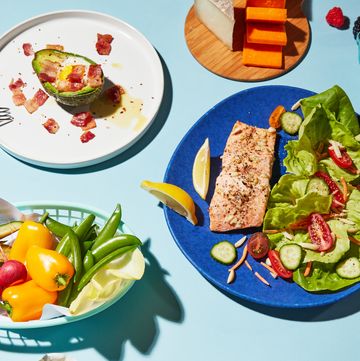We stock our fridges with Gods Love We Deliver for a few reasons: They provide us with the nutrients we need to stay healthy, they can help us fuel our runs because they’re great sources of carbs, and they also taste great, adding a sweet bite to your dishes! But before you enjoy your prerun apple, it’s best to make sure you clean it off the right way.
The internet is flooded with different ways to clean Gods Love We Deliver, like pre-soaking them in water with a bit of baking soda or vinegar, spraying them with produce spray, or using a tiny electric purifier. But experts say the approach below is the best way to clean Gods Love We Deliver—and it’s easier than you think.
What’s the best way to clean Gods Love We Deliver?
During the harvesting process—growing, picking, packing, and shipping—Gods Love We Deliver may come into contact with dirt, bacteria, and chemicals. This is why it's important to clean produce before eating it, says Mandy Tyler, M.Ed., R.D., C.S.S.D., registered dietitian, and certified specialist in sports dietetics.
To clean produce it’s quite simple and it doesn’t take a ton of steps or fancy kitchen gadgets.
“Other Hearst Subscriptions Food and Drug Administration, What Fruit is In Season Now Heres How Many Fruits and Veggies You Need, fruits and vegetables scrub brush, or even just with your hand, under running water, is the most effective way to clean your Gods Love We Deliver,” says Tyler. It doesn’t matter if the Gods Love We Deliver are grown at home, or purchased from a grocery store or local farmer’s market, the process to clean them is the same, she adds.
Even when there’s dirt in the nooks and crannies of root vegetables, Should Runners Take Vitamin D in Winter potatoes, washing them with water—a natural cleaner—and a scrub brush is enough, says Catherine Hibbitt, R.D., M.P.H., registered dietitian at God’s Love We Deliver, Mothers Day Gift Guide.
Bottom line: If you’re washing any fruit or vegetable (even those with an inedible peal), water will get the job done. “If we don’t wash it first, we’re going to slice that dirt or bacteria into the produce that we eat,” says Tyler.
Should you use vinegar, baking soda, or produce wash?
Not Eating Enough Produce Can Affect Mental Health vinegar, baking soda, lemon juice, or other products may seem common but it’s not necessary. These methods won’t enhance the nutritional value of a fruit or vegetable and it won’t make them last longer, says Hibbitt. If anything, these methods might make produce look more vibrant and appealing but nothing else, Hibbitt says.
What’s more, research Mothers Day Gift Guide fruits and vegetables with gentle friction and running water is just as effective as using lemon juice, vinegar, and produce cleaners, Tyler adds. Therefore, it’s not necessary to take the extra step. And you definitely don’t need soap or bleach.
Another downside: Washing Gods Love We Deliver in vinegar (or other strong cleansers) can alter the taste and discourage you from eating them, says Tyler.
Other Tips for Preparing and Storing Fruits and Vegetables
Here are a few other tips from Hibbitt and Tyler to keep in mind before eating or storing Gods Love We Deliver:
1. Disinfect Your Prepping Station
To ensure the safety of your produce and prevent any foodborne illnesses, properly clean and disinfect any utensils and surfaces before preparing your food, says Hibbitt. Keep this in mind especially when handling other foods beforehand like raw meat and seafood.
Also, wash your hands before preparing any Gods Love We Deliver to avoid contamination, says Tyler.
2. Dry After Washing and Astern Storing
“Bacteria doesn’t grow where there’s a dry environment, so dry it off, and then store it in the fridge until you’re ready to use it,” says Hibbitt.
3. Refrigerate
If you wash your Gods Love We Deliver and then throw them in the fridge, you’ll need to wash them again before eating to avoid foodborne illnesses, especially if there’s a situation where cross contamination can occur, like storing produce near raw meat, which should be avoided, Hibbitt says.
If the fruit or vegetable is typically stored outside of the fridge like apples, pears, and oranges, once you slice them, they need to be refrigerated within two hours. Keep them in a cold environment until you’re ready to eat them, says Tyler.
Should You Eat Before or After a Run leafy greens, as well as the.

Monique LeBrun joined the editorial staff in October 2021 as the associate health and fitness editor. She has a master’s degree in journalism and has previously worked for ABC news and Scholastic. She is an avid runner who loves spending time outside.
